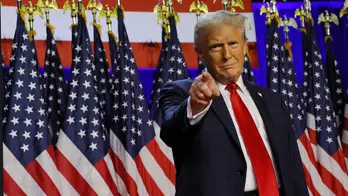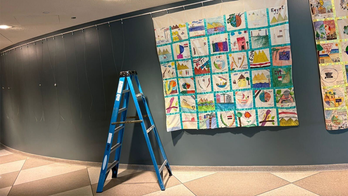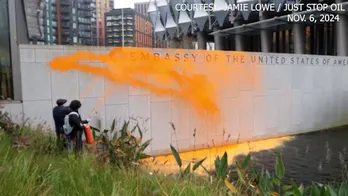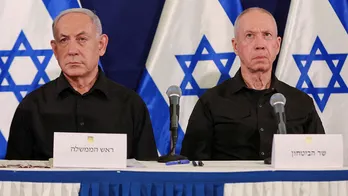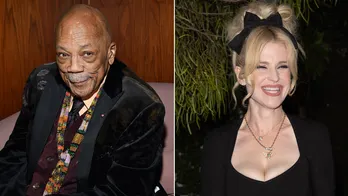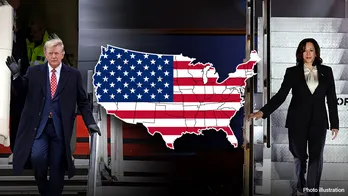The delayed temporary cease-fire in Gaza could move forward on Friday
TEL AVIV, Israel — A deal to pause the fighting in Gaza and exchange Israeli hostages for Palestinians prisoners — which had been expected to go into effect on Thursday — is on hold for at least a day, but neither Israel nor Hamas has publicly stated the reason for the delay.
Around midnight Wednesday and just hours after Prime Minister Benjamin Netanyahu spoke in a televised, late-evening media briefing where he discussed the agreement, Israel's National Security Adviser Tzachi Hanegbi said the temporary cease-fire was still on track "according to the original agreement," but that it wouldn't occur before Friday.
The reason for the delay was not immediately clear, but Israel's Channel 12 quoted an unnamed Israeli political official as saying "The delay isn't substantive, but technical."
In Qatar, where the temporary truce between Israel and Hamas was hammered out over a period of weeks — the Gulf state's foreign ministry said that talks on a new date and time to implement the agreement were "progressing positively" and that an announcement is expected "in the coming hours," according to the Qatar News Agency.
The ministry said the negotiations were continuing with the help of both Egypt and the U.S. "to ensure the rapid start of the truce and to provide what is necessary to ensure the parties' commitment to the agreement."
The announced four-day pause in fighting calls for the release of at least 50 of the roughly 240 Israeli hostages seized by Hamas fighters in Gaza during a deadly Oct. 7 attack on Israel. In exchange, Israel would free at least 150 Palestinian prisoners and allow badly needed fuel and food trucks into Gaza, which has been bombarded by Israeli forces for more than six weeks. The terms of the agreement allow for it to be extended up to 10 days if Hamas continues releasing hostages.
But the delicate nature of the agreement and how it will be implemented was highlighted by Netanyahu during his Wednesday briefing. Reading from what he said was part of the temporary cease-fire agreement, the prime minister said that the ICRC "will be allowed to visit the rest of the hostages and provide them with necessary medicines."
"I expect them to do their job," he added.
But the ICRC's spokesperson in Jerusalem, Sarah Davies, told NPR that the group was "not made aware of any agreement reached by both parties" related to such visits. "Should visits be agreed upon, the ICRC stands ready" to conduct them, Davies said, adding that the aid group "does not take part in the negotiations between the parties to the conflict."
In a statement issued later, the ICRC said it "welcomes any respite from the fighting and bombardment in Gaza," adding that "Everything possible must be done to scale humanitarian aid during this pause."
"Israel should immediately allow for the permanent resumption of sufficient fuel, water and electricity supplies, without which humanitarian needs will continue to deepen," the Red Cross said.
Scott Neuman reported from Tel Aviv and Lauren Frayer reported from Ramallah, West Bank.
Disclaimer: The copyright of this article belongs to the original author. Reposting this article is solely for the purpose of information dissemination and does not constitute any investment advice. If there is any infringement, please contact us immediately. We will make corrections or deletions as necessary. Thank you.

